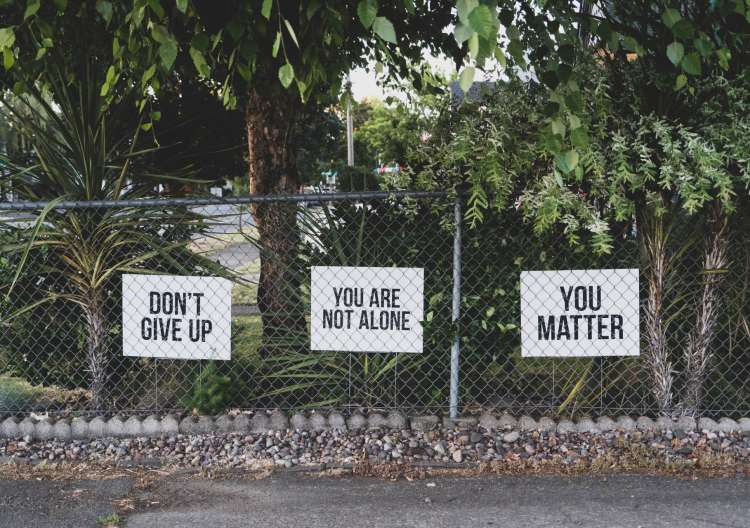Many foreigners might be surprised to hear that the roads of the Middle East are officially the world’s most dangerous, apart from those in Africa. Thinking of the largely crime-free UAE in particular, they would visualise these modern well-built highways, mostly across wide-open desert with good visibility, equipped with new speed-cameras, and they would wonder why this might be.
Perhaps they should view a video that was circulated in Dubai last week, showing a saloon car and a pick-up truck performing two-wheel driving stunts at breakneck speed on the famously busy Sheikh Zayed Road at the height of the daytime traffic.
It stirred up quite a correspondence in the press, and as always, I checked-out the Readers’ Comments, believing them to be a revealing source of spontaneous and sincerely-felt opinion.
There was a fierce debate between those who thought it was the fault of young daredevils showing off and those who thought it was people driving too slowly and holding up those wanting to overtake – especially buses and trucks, which have to stay in the slow lane.
One contributor actually claimed that stunt-driving was part of UAE culture – apparently justifying it. Whether or not he was just trying to shock, he got a detailed answer from a local doctor, who theorised that the countries with the lowest crime seem to ‘let off steam’ with dangerous driving (as though this was not a crime). He was suggesting that UAE had become over-civilised, and that among all these air-conditioned comforts, young men have no outlet for demonstrating their natural machismo. It wouldn’t have happened two or three generations ago, when daily life was simpler and harsher, he said. And as a specialist in stress counselling, I detected that he was recognising stunt-driving as a form of stress relief.
Mistrusting
I remember the first time that I drove in UAE, I suffered stress and anxiety, and this was certainly nothing to do with being a frustrated young man. I know that we in the UK are sometimes ridiculed for driving too slowly and safely, but the culture shock here was formidable.
Almost as soon as I got on to a fast road, I found people flashing me from behind, and driving dangerously close. To cope with this, I realised I would have to turn myself into a different sort of driver altogether – more on my guard, more mistrusting. It was not a comfortable feeling.
Like two of those readers (significantly both foreigners, one American, one Australian), I reacted by checking my blind spot every time I changed lanes. Not just in the mirror, but actually turning my head. And like them, I think this could have saved my life more than once.
My conclusion as an expert in stress reduction is that the stress-effects afflict those on the receiving end of this behaviour. The offenders I witnessed did not seem to me to be suffering symptoms of stress, just young men taking liberties. In fact, I shudder to recall some of their excesses – pretending to lie back and sleep, talking on their mobiles, turning round to chat to back-seat passengers, sometimes actually eating while at the wheel.
And the flashing? That’s not stress. That’s just macho behaviour that says. “Let me through. I’m an important person in a hurry!”
Key points about dangerous roads
- Middle East roads are among the world’s most unsafe highways
- Some claim this is cultural, to do with natural machismo
- Experience shows it is a dangerous disregard for self and others
Now what about your own Comments?
What’s your explanation for UAE traffic casualties. Carry on the debate here, now.
[Reprinted with the kind permission of Gulf News]
Book Keynote Motivational Speaker, BBC guest-broadcaster and best-selling Author, Carole Spiers in person for your next conference for charismatic, high-impact workplace stress management presentations and organisational change strategies. See Carole live http://bit.ly/TUWbX
Or check-out our latest ideas about stress help, instant acces to stress reduction products http://bit.ly/FjL5L and stress management services aimed to reduce stress and delivered to blue-chip clients from IBM to Abu Dhabi Marine Operating Company in UK, Dubai, UAE and worldwide at www.carolespiersgroup.co.uk
Contact Carole for a FREE stress management strategies consultation – Tel: +44 (0) 20 8954 1593 or email [email protected]. She is dedicated to supporting your long-term growth through talent retention rooted in effective stress management.




